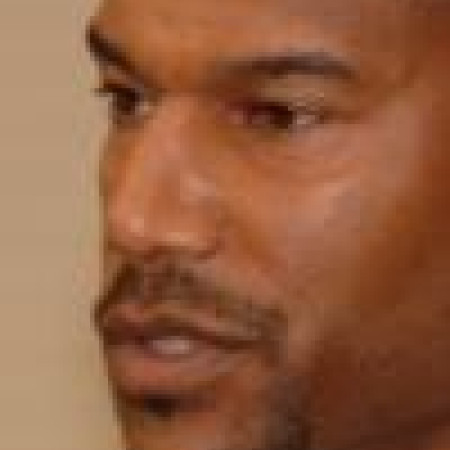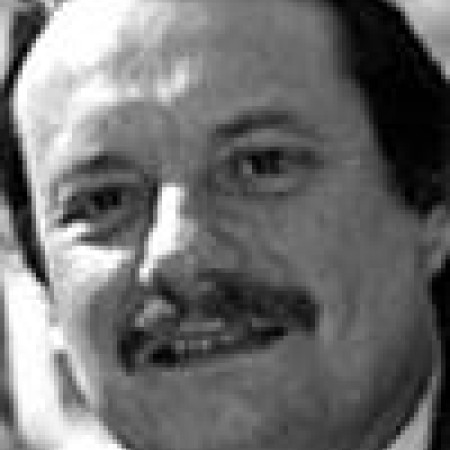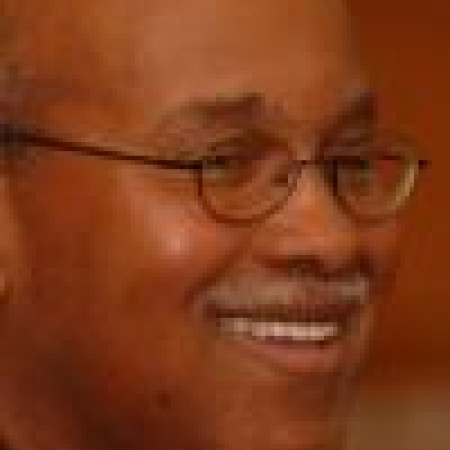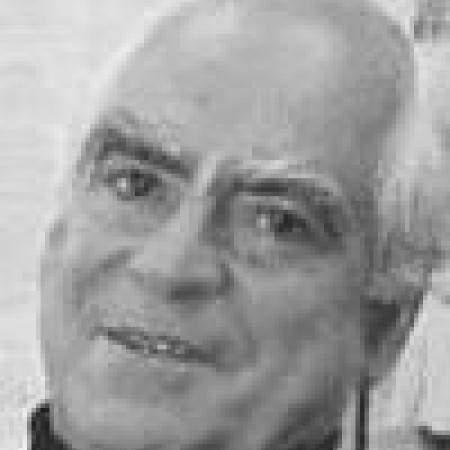Margaret Neale - Myths and Truths About Negotiation
Everything you've ever assumed about the correct way to negotiate is, well, probably wrong. So says negotiation expert Margaret Neale at Stanford during the 2007 Nonprofit Management Institute. In this audio lecture, she explores many of the beliefs that surround negotiation "best practices" in an attempt to distinguish the reality from wishful (or wrong-headed) thinking. This talk will add to your understanding about negotiation, and give you tools to respond effectively in your next negotiation challenge.

















